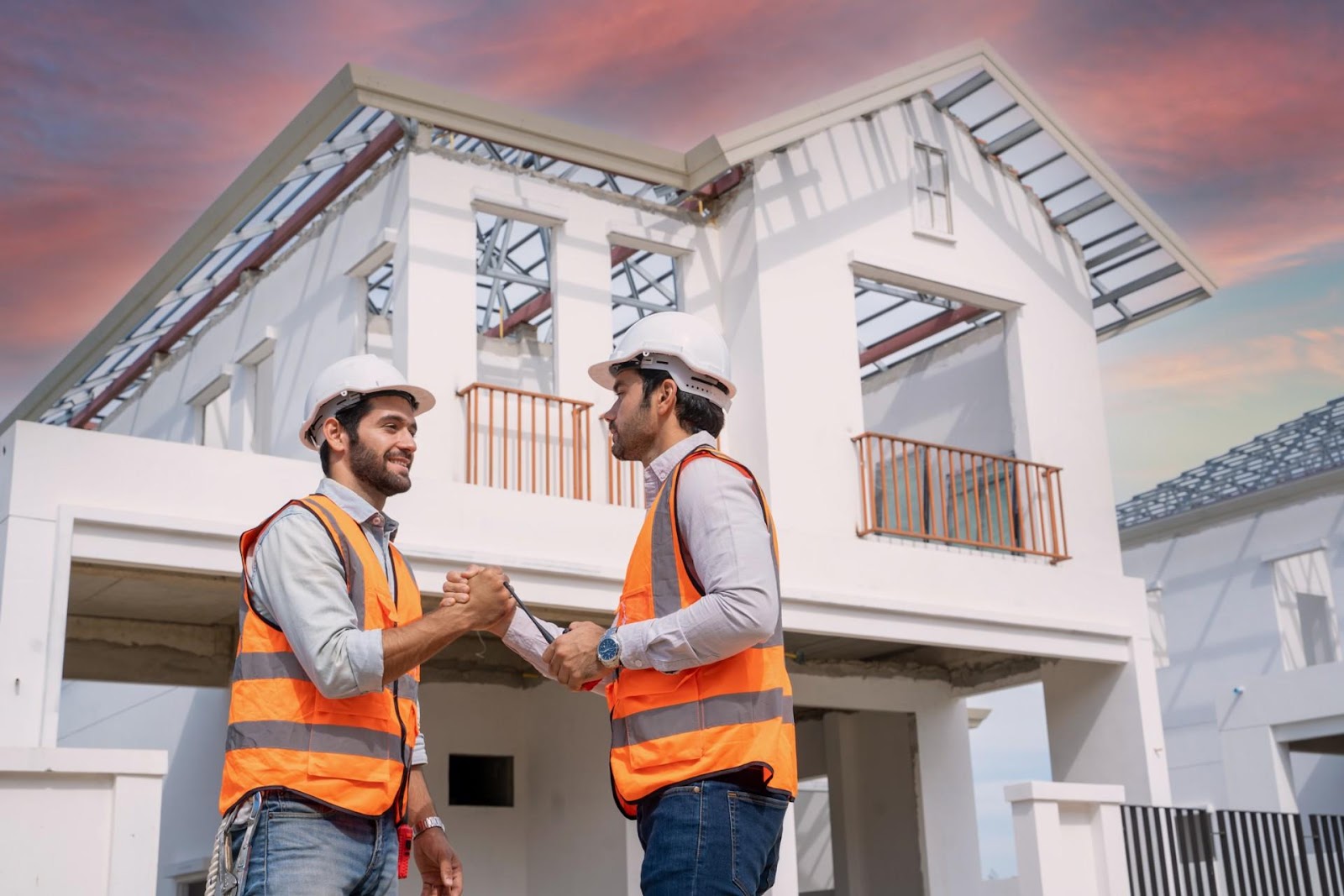Building your dream home in Melbourne is a monumental step one that comes with high hopes, considerable costs, and big expectations. With the growing number of custom home builders in melbourne, it’s more important than ever to conduct due diligence before entering into any legally binding agreement.
Asking the right questions early in the process can safeguard your investment, help you avoid misunderstandings, and ensure your new home aligns with your vision. Here’s a comprehensive guide to the top questions to ask your home builder in Melbourne before signing a contract, and why they matter.
- Are You Fully Licensed and Insured in Victoria?
Before anything else, verify that your builder is licensed by the Victorian Building Authority (VBA). This ensures they meet the legal and professional standards required to operate in the state. Additionally, ask for:
- Domestic Building Insurance: This protects you in case the builder cannot complete the work due to death, insolvency, or disappearance.
- Public Liability and Workers’ Compensation Insurance: To protect both you and the construction crew in case of accidents on-site.
Tip: Ask to see physical copies of these certificates or verify them online through the VBA.
- Can You Provide a Portfolio and Client References?
A reputable builder will gladly provide:
- A showcase of past projects, especially ones similar in size, scope, or style to yours.
- References from former clients who can speak candidly about their experience both the highs and the lows.
Take the time to visit at least one of the completed homes if possible. Pay attention to build quality, materials, and finishings. Speaking directly with past clients can reveal how the builder handles delays, disputes, and post-build support.
- What Exactly Is Included in the Quoted Price?
One of the most common points of confusion arises from what is and isn’t included in the builder’s quote. Some items may appear standard but could be considered “optional extras” by certain builders.
Questions to clarify:
- Does the quote include site preparation, soil testing, and connection to services like water, gas, and electricity?
- Are essential features like driveways, fencing, landscaping, and flyscreens included?
- What are the standard inclusions versus upgrades, and how much do upgrades typically cost?
Ask for a detailed inclusions list and review it line-by-line.
- What Is the Estimated Timeline for Each Stage?
Understanding the construction timeline helps set realistic expectations. Ask your builder to break the timeline down into key phases:
- Pre-construction (permits, approvals, design finalisation)
- Site preparation and slab pour
- Framing and lock-up
- Fixing and finishing
- Handover and final inspection
Also, ask about their average turnaround time and how they deal with delays due to:
- Weather
- Council approvals
- Labour or material shortages
Tip: Make sure the contract includes clear timelines and delay penalties or compensations, if applicable.
- Do You Allow Customizations and Changes to the Design?
Not all builders offer the same flexibility. If you’re opting for a custom home builder in Melbourne, make sure they can adapt to your needs.
- Can you modify the floor plan?
- Are you allowed to choose your own fixtures, flooring, cabinetry, or tiles?
- Is there an additional charge for working with your own architect or interior designer?
Some builders offer fixed packages, while others are more collaborative in their approach. Determine early how adaptable they are to changes during and after design approval.
- Who Will Manage My Project and Be My Point of Contact?
Consistent communication is key to a successful build. Ask:
- Will I have a dedicated site manager or project coordinator?
- How often will I receive updates (weekly, bi-weekly)?
- Is there a client portal or app where I can track progress and send messages?
Having a single point of contact avoids confusion and allows you to build a relationship with someone who understands your project intimately.
- What Warranties, Guarantees, and Maintenance Services Are Provided?
Most builders offer:
- A statutory warranty of 6–7 years on structural elements (required by law in Victoria).
- A non-structural defect liability period, typically 90 days to 12 months after handover.
Find out:
- What does the warranty cover and exclude?
- Will you receive a maintenance manual?
- How are post-handover defects handled?
Builders with robust warranty support demonstrate a long-term commitment to quality and customer satisfaction.
- How Do You Handle Design Changes or Variations During the Build?
Even the best-laid plans may evolve during construction. Ask:
- How do I request changes?
- Is there a formal variations process, and how is pricing determined?
- Will changes impact the schedule or other parts of the build?
Make sure any variation requests are documented and signed off before proceeding.
- Do You Take Care of Permits, Certifications, and Approvals?
Permits are a legal necessity and can be time-consuming. Ask:
- Will the builder apply for building permits, council planning approvals, and developer covenants on your behalf?
- Will they conduct soil testing, energy efficiency ratings, and BAL (Bushfire Attack Level) assessments if required?
An experienced Melbourne builder will manage these details to keep your project compliant and on track.
- Can I Review the Building Contract in Advance and Who Drafts It?
Before you sign, you should:
- Review the contract thoroughly preferably with the help of a solicitor or independent building consultant.
- Ensure it includes: detailed specifications, payment schedules, inclusions, timelines, and clauses for delays or dispute resolution.
- Ask whether the contract is based on HIA (Housing Industry Association) or Master Builders Association standard templates.
This document will govern your entire building process, so make sure it protects your interests, not just the builder’s.
Building a home in Melbourne is an exciting journey but one that requires diligence, patience, and careful planning. Asking the right questions empowers you to make informed decisions, avoid hidden surprises, and foster a successful relationship with your builder.



































